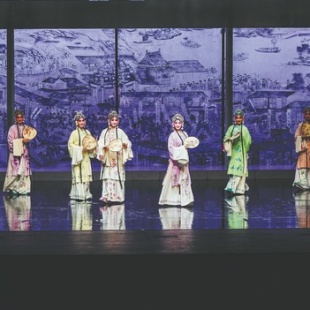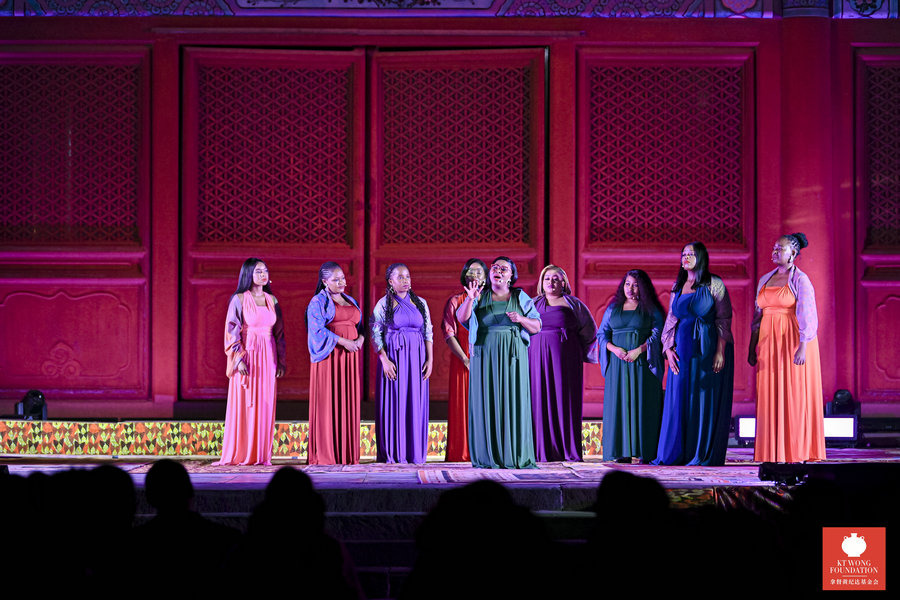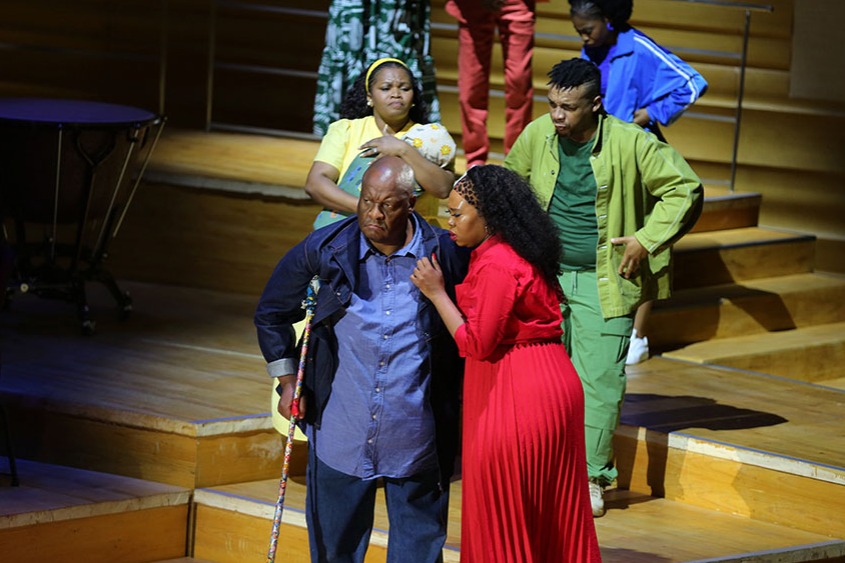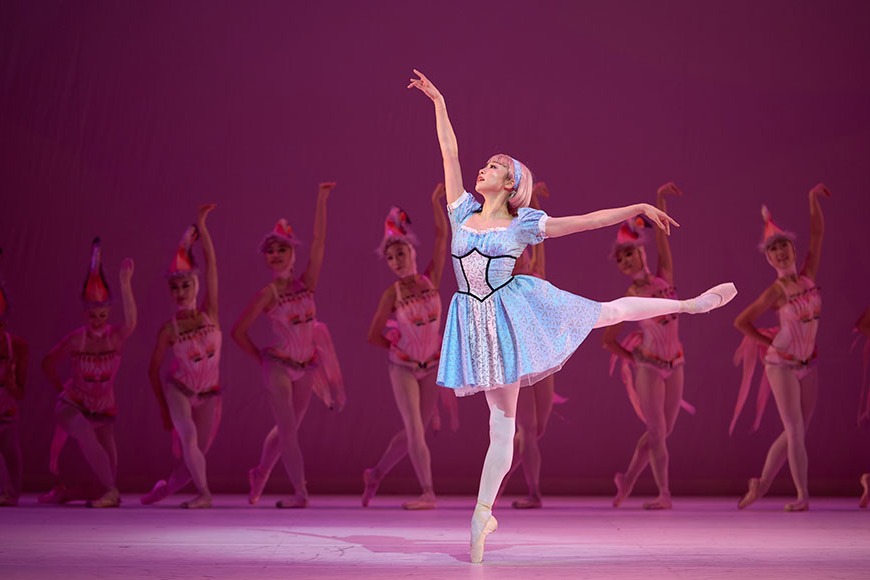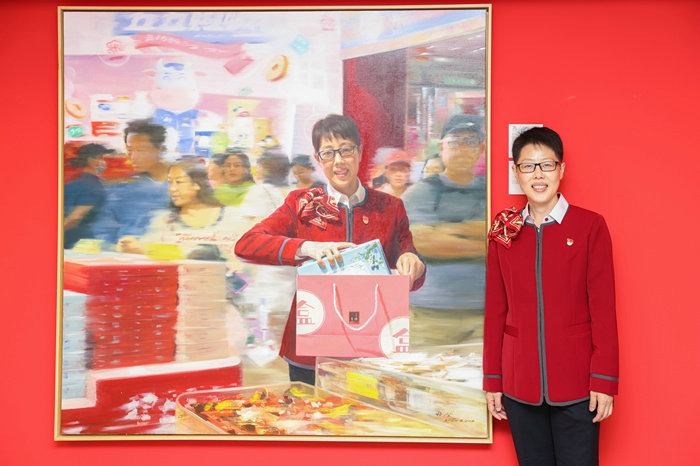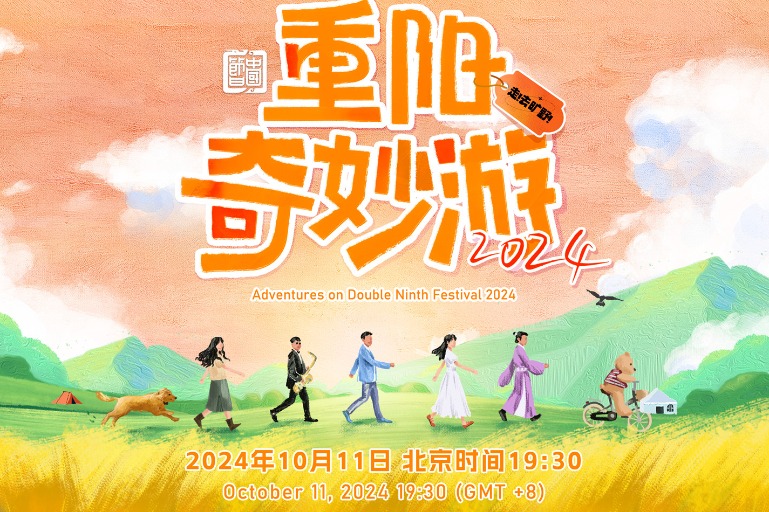Staging a memorable performance


Both Shan and Shi Xiaming attributed the success of the play to director Tian, a veteran theater director, now president of the National Theatre of China.
Tian used innovative approaches in the Kunqu Opera production. For example, she featured Nandu Fanhui Tu (Prosperous Scenes of the Southern Capital), a famous painting 350 meters long and 44 meters wide, which vividly depicts the economic prosperity and social life of Nanjing in the late Ming Dynasty, as part of the stage setting.
"The painting was displayed onstage through screens. The director also let the band perform and be seen behind the screens, which was quite different from traditional Kunqu Opera shows," says Shan, adding that traditionally, bands perform on the sides of the stage, unseen by the audience.
"In one of the shows in Beijing in 2006, the director invited the audience to sit onstage, delivering the performers with stage props. It was a very fresh experience for us to have the audience share the stage with us," Shan adds.
Inscribed in the Representative List of the Intangible Cultural Heritage of Humanity by UNESCO in 2008 (originally proclaimed in 2001), Kunqu Opera, one of the oldest traditional Chinese operas, has a history of over 600 years that originated in Kunshan, Jiangsu province. With a combination of singing, dancing and acting, as well as a live band, it is performed in the melodic Suzhou dialect.
Thanks to contemporary Kunqu Opera productions, such as 1699 The Peach Blossom Fan and the "youth version" of The Peony Pavilion produced by Chinese American writer Kenneth Hsienyung Pai, the fresh interpretations and innovative staging resonate with audiences young and old, sparking renewed interest both domestically and internationally.
"Those young people, who are devoted to the ancient art, deserve to have more opportunities to be seen," Tian said in an interview back in 2006. "If they didn't have performances, they might give up their career and take on other well-paid jobs. The art form would be dead."
Contact the writer at [email protected]


